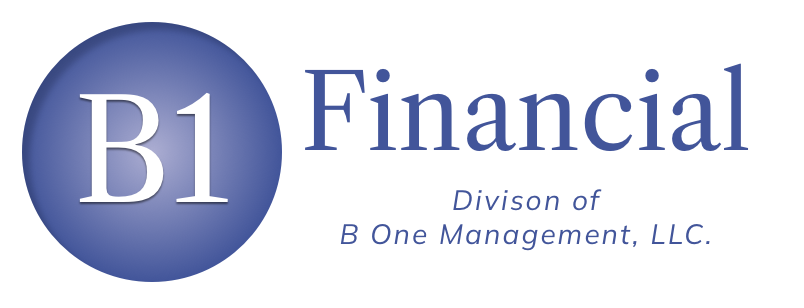The end of the year is fast approaching, and while it can often feel like a whirlwind of tasks, it's also a prime time to seize control of your financial planning. We know financial to-dos can sometimes feel overwhelming, but empowering yourself with proactive decision-making can create a significant difference. This article breaks down four strategic and actionable financial moves you can make before December 31st to enhance your financial well-being.
Explore Roth IRA Conversions
If you're in a lower tax bracket this year, converting existing traditional IRA funds to a Roth IRA might be a beneficial move. Since Roth conversions are subject to taxation, leveraging a lower tax environment can be advantageous. But remember, this strategy isn't for everyone and should be reviewed annually with your individual circumstances in mind.
Maximize Retirement Contributions
Consider bolstering your retirement savings by maximizing contributions to your retirement accounts. For 2025, the contribution limits are set at $23,500 for 401(k)s, with an additional $7,500 catch-up contribution if you're 50 or older. Additionally, traditional and Roth IRA limits are $7,000 with a $1,000 catch-up if over 50. Taking full advantage of these limits can lower your taxable income and help secure your financial future.
Fund Your HSA
Health Savings Accounts (HSAs) are powerful tools that offer triple tax benefits. 2025 limits stand at $4,300 for individuals and $8,550 for families. By maximizing your HSA contributions, you not only benefit from tax savings today but also set aside funds for future medical expenses, creating a robust long-term financial plan.
Strategize Charitable Giving
Strategizing charitable contributions can be both fulfilling and financially savvy. Consider techniques like donation bunching or utilizing a donor-advised fund for efficiency. For those over 70½, a Qualified Charitable Distribution (QCD) from an IRA is an excellent option, fulfilling the required minimum distribution once you turn 73 while also supporting your chosen charitable organizations.
Dedicating a little time to these strategies now can yield substantial benefits for your financial outcomes. Not all strategies will suit everyone, so it's wise to consult with a financial professional or CPA to tailor these steps to your personal situation. We encourage you to evaluate your options or schedule a financial check-in to ensure you're on the right track.

